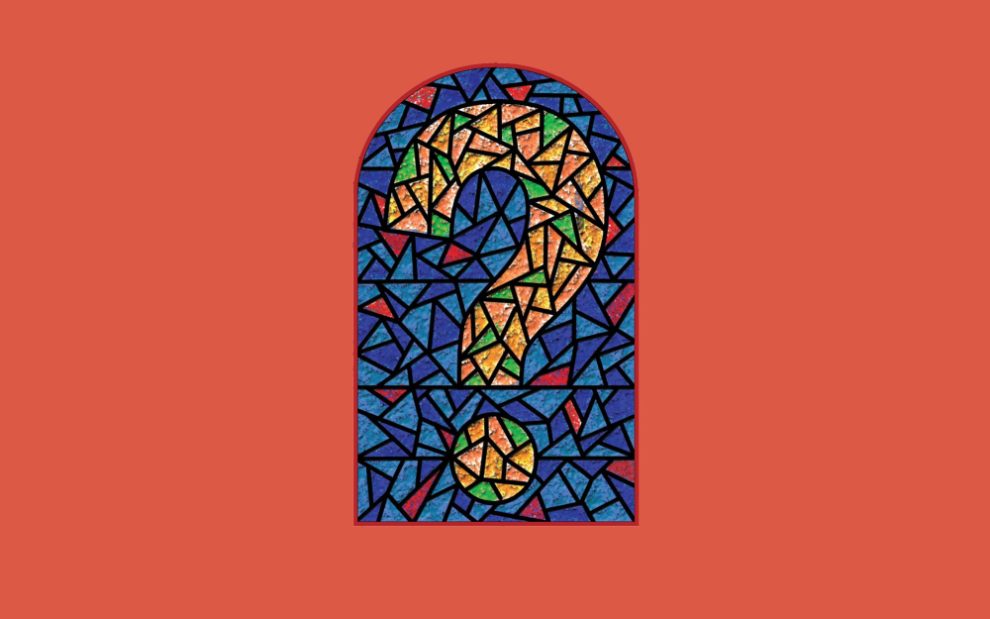Listen on: Spotify | Apple Podcasts
The social media trend of women who define themselves as “tradwives” has been growing for some time. You might be searching for a bread recipe or looking for crafts to do with your children, and suddenly you find yourself watching an Instagram reel featuring a young white woman in vintage 1950s clothing, standing in a beautiful kitchen, and talking about the joy of embracing traditional gender roles, not working outside the home, and submitting to her husband.
The tradwife aesthetic can be appealing, especially in our era of automation and late stage capitalism. And those who are ecologically minded might feel drawn to a lifestyle that looks more natural and simple, where women make their own clothing and prepare food from scratch instead of participating in globalized industrialization. But the tradwife trend isn’t just about the aesthetic. Nor are ecological concerns a top priority for most women who call themselves tradwives. So what’s the deal with the tradwives? Where did the trend come from, why is it so popular, and how should justice-minded Catholics evaluate it?
On this episode of the podcast, the hosts talk to Emma Cieslik about the tradwife phenomenon, its origins, and its ideological framework. Cieslik is a religious scholar and museum worker based in Washington, D.C. who studies the intersections of gender, sexuality, and Catholic material cultures. She serves as director for Queer and Catholic: A CLGS Oral History Project.
You can learn more about this topic, and read some of Cieslik’s writing, in these links.
- “Catholic trad wives pose a formidable political and religious force,” by Emma Cieslik
- “The Truth About the Past That ‘Tradwives’ Want to Revive,” by Jacqueline Beatty
- “Trad Wives Are Thriving in the Post-Dobbs Era,” by Morgan Jerkins
- “I thought I hated feminism. What I actually hated was conservative women’s culture.” by Rebecca Bratten Weiss
- “Gender diversity has always been part of the church,” by Emma Cieslik
Glad You Asked is sponsored by the Claretian Missionaries USA, an order of Catholic priests and brothers who live and work with the most vulnerable among us. To learn more, visit claretians.org.














Add comment